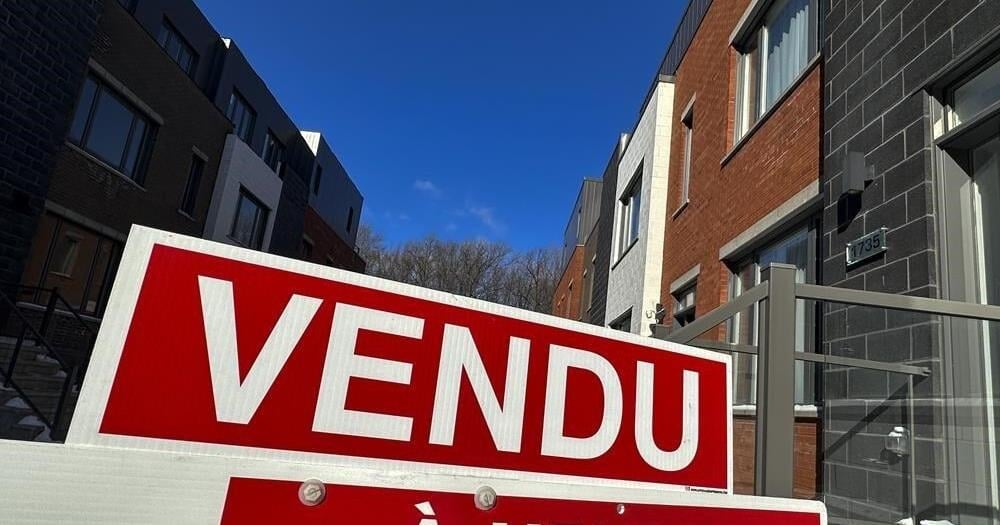Jack Mendes is already contemplating what he will do with his short term rental unit in downtown Kelowna, B.C., if new legislation prohibits him from renting it to vacationers four months out of the year.

“I am positive that I will sell it,” Mendes told Global news. “Right now, we do long-term rentals in the winter for students. And then for the four months of summer, we have short-term rentals.”
Mendes believes many others, who got into the short-term rental market to make an income, will do the same as him.
“They’re not going to put these into long-term rentals because you can’t make any money on this kind of investment on getting market rents,” Mendes said.
On Monday, the provincial government announced that as of May 1, short-term rentals would not be allowed in secondary homes — only the host’s principal residence — to free up more housing options amid a housing crisis.
Kelowna realtor Brian Pedersen also owns several short-term rental units. He agreed with Mendes, and thinks many people will be forced to sell.
“They won’t be able to get the revenue that they need to actually … make their mortgage payments, pay their taxes, pay the strata fees, all the rest of it,” Pedersen said.
And that, he said, could result in the market being flooded with condo units and other types of properties, and, in the end, hurting all sellers.
“I would say, yeah, definitely. It’s going to bring the value down. I mean, so you know, real estate is all about supply and demand,” Pedersen said. “And of course, you know, it’s going to certainly create a lot more inventory.”
While the Association of Interior Realtors didn’t make anyone available for comment on what the potential impact could be, it issued a very brief statement in an email to Global News.
“We are currently reviewing the proposed changes and need time to understand what potential impact they will have,” stated Chelsea Mann, Association of Interior Realtors president.
B.C. Real Estate Association economist Ryan McLaughlin said he anticipates some kind of an uptick in listings in the wake of the changes.
“You can certainly imagine that there are some people that it no longer works for them, the business case they set out when they purchased the property, so it could bring some amount on stream,” McLaughlin told Global News.
But he anticipates the uptick to be marginal.
“I would doubt that it’s going to bring a lot of additional supply on stream,” McLaughlin said.
Whatever that uptick may look like, Mclaughlin said it would be a benefit.
“I’ll be curious if that is the case, if we see an uptick in active cases in, you know, the Okanagan. That would be fantastic. You know, that’s what we’ve been wanting for a long time,” McLaughlin said.
“We’ve had a long-term, downward trend in the number of active listings. They bottomed out about a year and a half ago and since then, they’ve kind of been rising with rising interest rates, but you know, for the longest time we’ve been saying we need more active listings.”
Mendes is anxiously waiting to see if his unit will be exempt from the new legislation because it’s in a building that was zoned for short-term rentals.
“I think it’s hard to take a whole sector of business and scratch it form our province,” Mendes said.
He questions whether the sweeping changes will have the desired effect.
“It’s a short-sighted solution for a complex problem, ” Mendes said. “I don’t think this is going to fix what they’re looking to fix.”


























